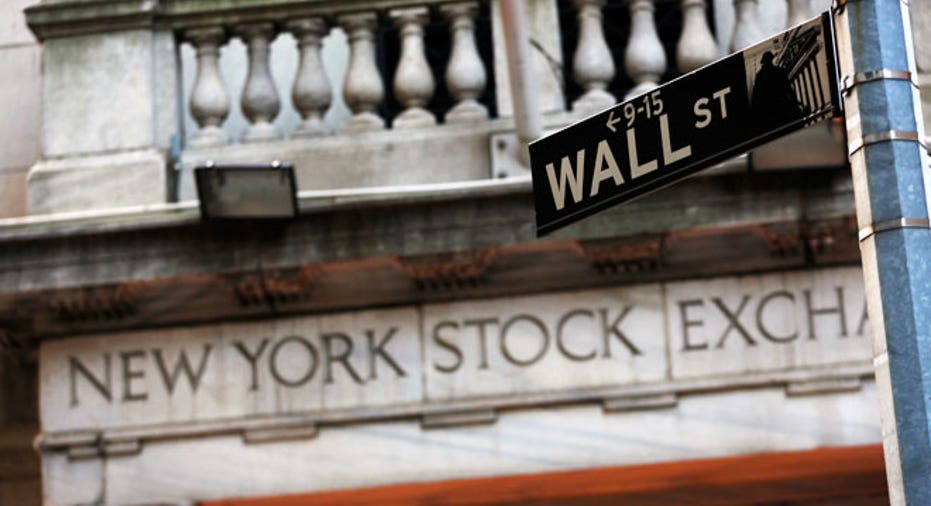GLOBAL MARKETS-Shares rise as firmer Chinese yuan eases deflation fears

LONDON – World stocks rose on Monday as China's central bank fixed the yuan at a much stronger rate and oil prices held on to recent gains, easing fears of global deflation.
The rally belied a string of poor economic data from Beijing to Tokyo as demand for safe-haven assets waned, yet investors remained on edge as concerns lingered about global growth and the health of the financial sector.
European stocks rose 3 percent, having shed nearly 10 percent over the last fortnight, following a similar bounce in Asia. Futures pointed to notional gains of more than 1 percent on Wall Street but U.S. markets will be closed for a holiday.
Meanwhile, assets that tend to perform well in times of stress lagged. The Japanese yen lost ground against the U.S. dollar while top-rated German bond yields pulled away from nine-month lows hit last week.
"We had a very strong statement from the Chinese authorities signaling they are committed to a stable currency and that's helped sentiment ... safe-haven flows have unwound somewhat," said RIA Capital Markets strategist Nick Stamenkovic.
In China, spot yuan jumped more than 1 percent to 6.4934 per dollar - its firmest this year - after the People's Bank of China set its daily midpoint 0.3 percent stronger and the head of the bank was quoted as saying speculators should not be allowed to dominate market sentiment.
A stronger yuan reduces the risk that China will export deflation to the world, while worries about consumer price growth have also been helped by a surge in the oil price late last week.
Brent and U.S. crude futures edged lower on Monday but held on to most of a 10 percent surge from Friday that came amid renewed talk that the Organization of the Petroleum Exporting Countries (OPEC) might finally agree to cut output to reduce a world glut.
DISCONNECT
China's weak exports and imports in January, down 11.2 percent and 18.8 percent year-on-year respectively, seemed not to disturb markets. The resulting jump in the country's trade surplus to $63 billion for the month might have helped, as that may offer support to the yuan.
The disconnect between markets and economics was perhaps starkest in Japan, where the Nikkei jumped more than 7 percent, putting its worst week since the depths of the global financial crisis in 2008 quickly behind it.
This came despite data showing the economy contracted by an annualized 1.4 percent in the last three months of 2015, more than expected.
MSCI's broadest index of Asia-Pacific shares outside Japan rose 2.3 percent, after losing 10 percent of its value so far this year.
European shares followed in their wake, led by a 3 percent rebound in banking stocks on news that the European Central Bank (ECB) is in talks to buy bundles of Italian bad bank loans as part of its asset-purchase program.
Some strategists said Monday's bounce may yet prove to be short-lived, with lower oil prices, capital outflows and economic weakness in China, and pressure on European banks, creating a dangerous cocktail for investors.
"It's no surprise to see markets rebounding after the excessive movements seen over the last few weeks" said Riccardo Ambrosetti, chairman of Italy's Ambrosetti Asset Management.
Indeed, the strong yuan fixing by the People's Bank of China (PBOC) on Monday was seen by some traders as a move to deflect speculation about a possible devaluation that has been one of the main factors roiling global markets.
PBoC Governor Zhou Xiaochuan said there was no basis for the yuan to keep falling in a weekend interview, and China would keep it stable versus a basket of currencies while allowing greater volatility against the U.S. dollar.
Against a basket of currencies, the dollar was up a shade at 96.363 having been at its lowest in almost four months.
Likewise, it edged up to 113.75 yen, having touched a 15-month trough just under 111.00 last week.
The euro was last down 0.6 percent at $1.1194, having slipped from a 3-1/2 month peak of $1.1377.
Gold eased to $1,210.50 an ounce, after enjoying its best week in four years as investors fled riskier assets. (Additional reporting by Marius Zaharia in London, Danilo Masoni in Milan and Saikat Chatterjee in Hong Kong; Editing by Hugh Lawson)



















